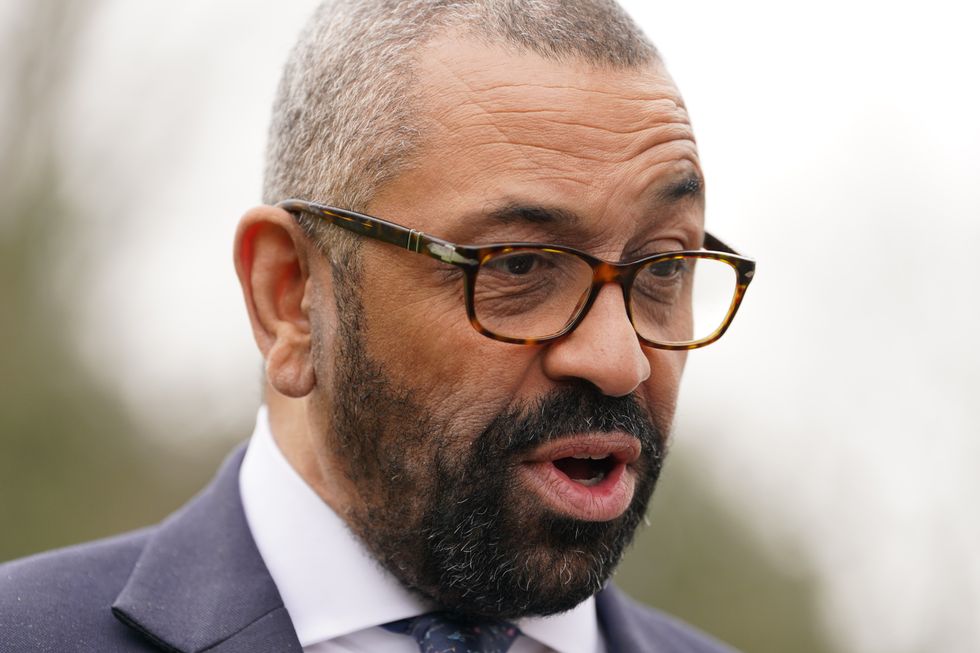



The Home Office has issued a warning to churches, claiming they risk undermining the integrity of the asylum system.
Sources said the department has warned Christian churches that they are risking the reputation of the asylum system as a result of their intervention in the asylum system.
Immigration files, published yesterday, revealed that Abdul Ezedi - a convicted sex offender - was granted asylum in Britain after he claimed conversion to Christianity.
His application was backed by a church minister, something that was critical in persuading a judge to allow the application, despite warnings from the Home Office that claimed he was "using religion for his own ends" after he answered questions about Christiainity incorrectly.

The Home Office has issued a warning to churches, claiming they risk undermining the integrity of the asylum system
PA
A Home Office source told the Telegraph that James Cleverly called a meeting with the "vast majority" of Christian churches in the wake of Ezedi's death.
The source said: "We wanted to relay the potential damage to those churches of being seen, rightly or wrongly, as acting against the integrity of our asylum system, where Christian conversion has been brought up at appeal. In this case, the consequences were appalling.
"That reputational risk is only amplified by the fact someone who denied knowledge of Ezedi at the time had in fact known of him within their church, and had supported and vouched for him."
Ezedi, who travelled to the UK illegally in 2016, died while on the run after attacking a mother and her two daughters with a corrosive substance in Clapham in January.
In 2018, he was convicted at Newcastle Crown Court of sexual assault and indecent exposure and was given a 45-week suspended prison sentence and placed on the sex offenders register for 10 years.
On his second attempt to seek asylum in the UK, Ezedi claimed that he had converted to Christianity - which would put his life at risk if he returned home to Afghanistan.
At his third appeal, a priest vouched for his conversion claiming he was "wholly committed" to his new faith.
